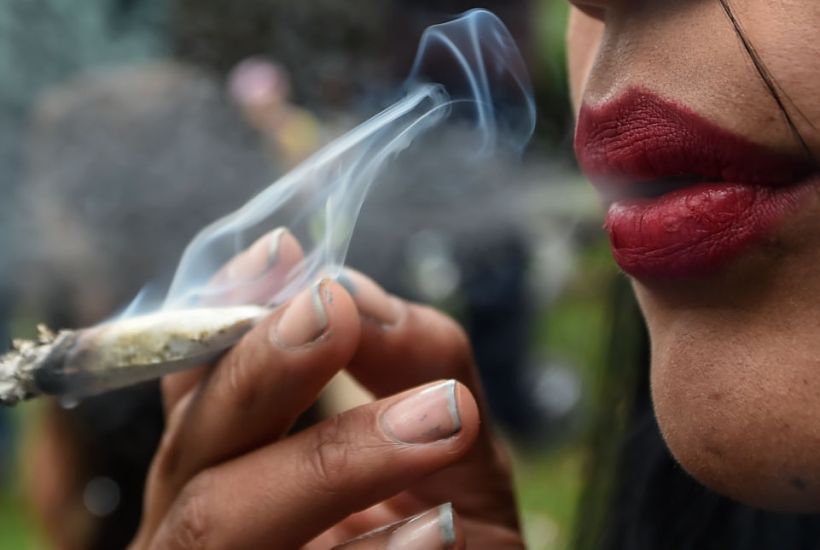In a time where government expenditure is a staggeringly high, the war on drugs needs to be tackled with more thought, not more money. Liberal MP Craig Kelly has recently returned from an eye-opening trip to Portugal, discovering that our illicit drug policy may be too harsh, and largely ineffective.
The stats don’t lie. Drug-related deaths in Portugal have declined from 80 in a million to three in a million since the decriminalisation of illicit drugs in 2001. Shockingly, the people of Portugal may even be better off without the government breathing down their necks, trying to maintain complete control of their citizens’ lives’. Milton Friedman perfectly captures the reality of drug criminalisation, “drugs are a tragedy for addicts. But criminalising their use converts that tragedy into a disaster for society, for users and non-users alike”. Why does this happen? Simply, a legalised drug market creates a safe platform for people to sell and purchase drugs. It reduces the sigma that surrounds this market and encourages safer ways, and places to produce these products, and in doing so, users are consuming purer, and safer drugs.
Since decriminalisation, prevalence rates in Portugal have significantly decreased in younger users in virtually every substance; for 13-15 years olds has reduced from 14.1 per cent in 2001 to 10.6 per cent in 2006, and in 16-18 year olds from 27.6 per cent in 2001, to 21.1 per cent in 2006. This demographic where drug abuse starts. Slowing growth will have greater, lasting effects on nationwide figures.
Drug officials working in Portugal believe that before decriminalization, the most substantial barrier to offering treatment to the addict population was the addicts’ fear of arrest. As part of the new policy reforms, Portugal is sending those who have been found in possession of a small quantity of drugs are issued with a citation and appear before a panel of professionals, ranging from legal, social and psychological experts, where the repeated occurrences are prescribed health treatments like counselling and numerous therapy options. This effectively shifts the consumption of drugs from a criminal issue, to a more of a health issue, with real assistance and advice that will benefit drug users.
Criminalisation of illicit drugs affects users long term, and will rarely be effective in deterring users, as can be seen in many nations, including our own. With a criminal record, even after getting ‘clean’, the job prospects for these people dwindle down to almost none. It’s a vicious cycle that will lead them back to where they began. Even the United States has figured it out, with the rates of violent crimes and robberies.
On the contrary, many have argued that the relaxation of laws surrounding drug use would encourage ‘drug tourism’, where people from other nations would travel to Portugal, or the country in question, merely for the recreational, or abusive use of drugs. The Cato Institute has conducted research on the case in Portugal that shows, roughly 95 percent of those cited for drug offences every year since decriminalization has been Portuguese. Close to zero have been citizens of other EU states. This explains itself.
The world is beginning to catch on that this war on drugs is not working. Drug use is increasing, and the health implications are far too alarming to ignore any longer. Even conservative figures, such as US governor Rick Perry, are shifting towards a safer drug culture, where real solutions are being discussed. Perry is a commendable example of how looking at the hard evidence gets real results, “What I can do as the governor of the second largest state in the nation is to implement policies that start us toward a decriminalization and keeps people from going to prison and destroying their lives”. If this can work for a country less than half our size, and with fewer resources, in the case of Portugal, imagine what Australia can achieve by breaking down these barriers between drug users and appropriate treatments, and acting as an assistance, rather than a hindrance.
Got something to add? Join the discussion and comment below.
Got something to add? Join the discussion and comment below.
Get 10 issues for just $10
Subscribe to The Spectator Australia today for the next 10 magazine issues, plus full online access, for just $10.


























Comments
Don't miss out
Join the conversation with other Spectator Australia readers. Subscribe to leave a comment.
SUBSCRIBEAlready a subscriber? Log in